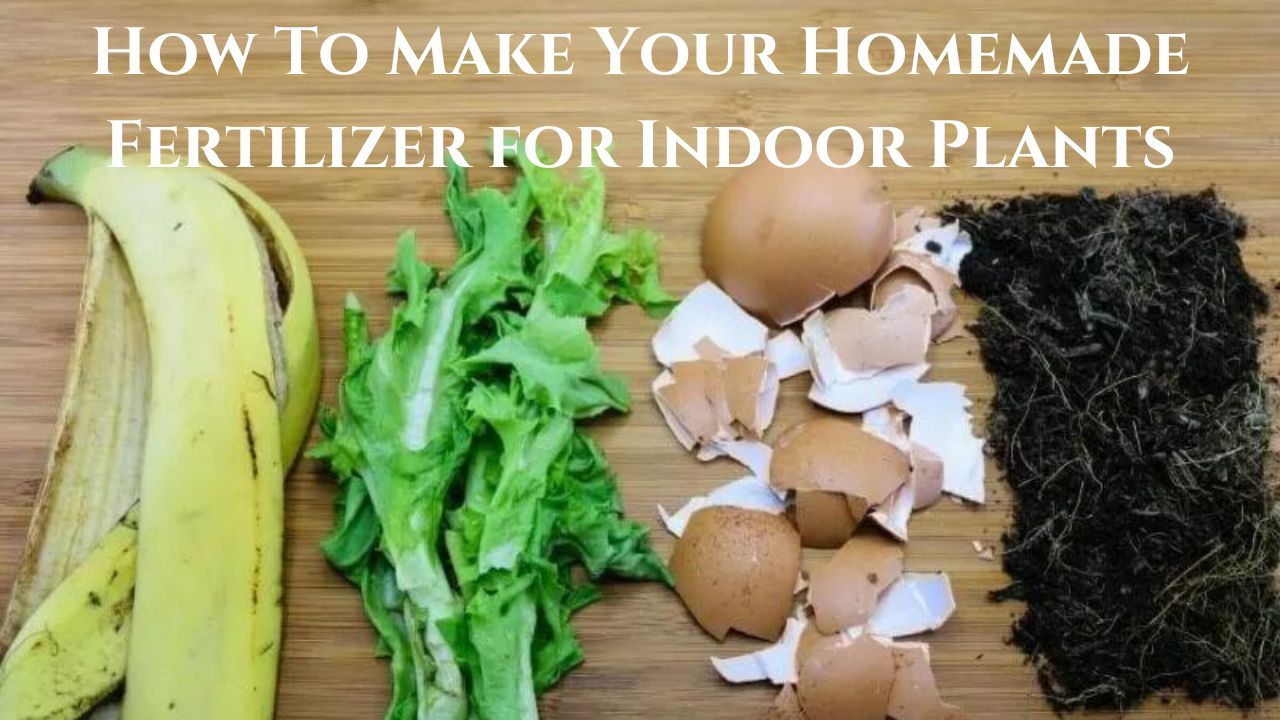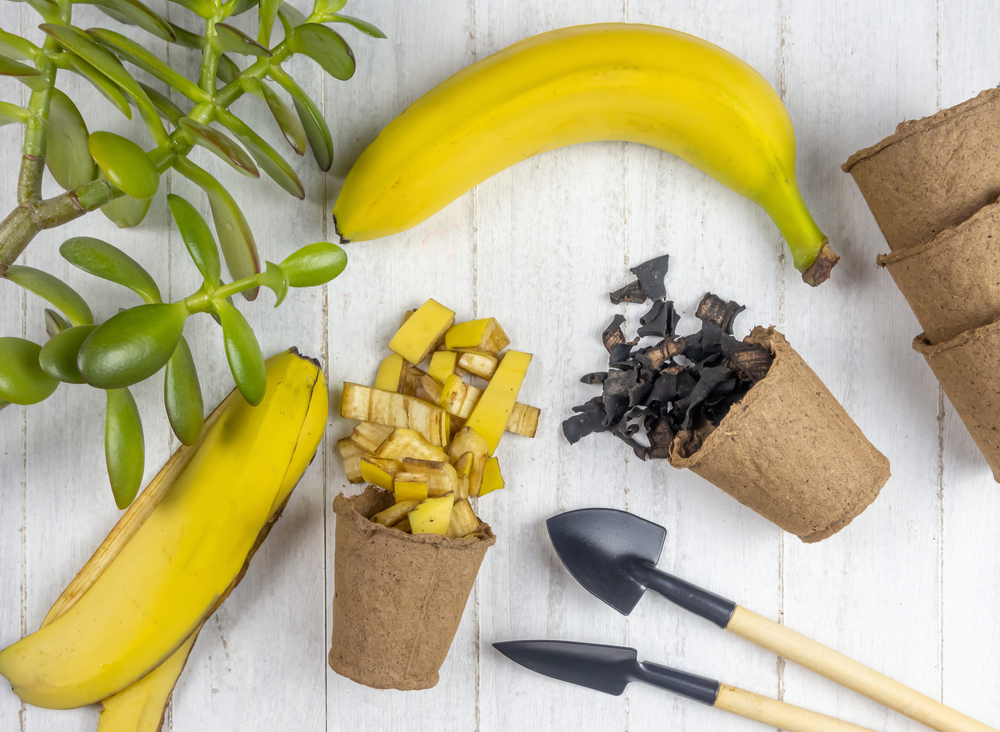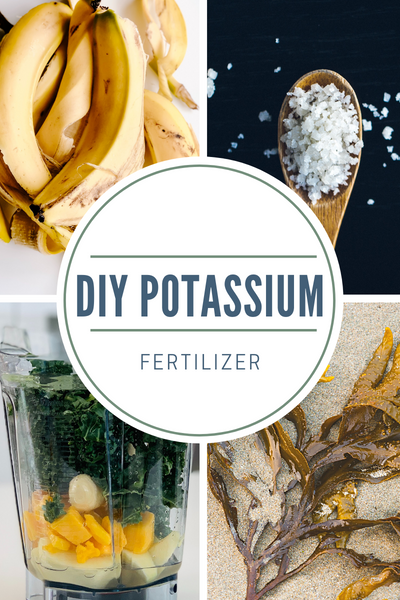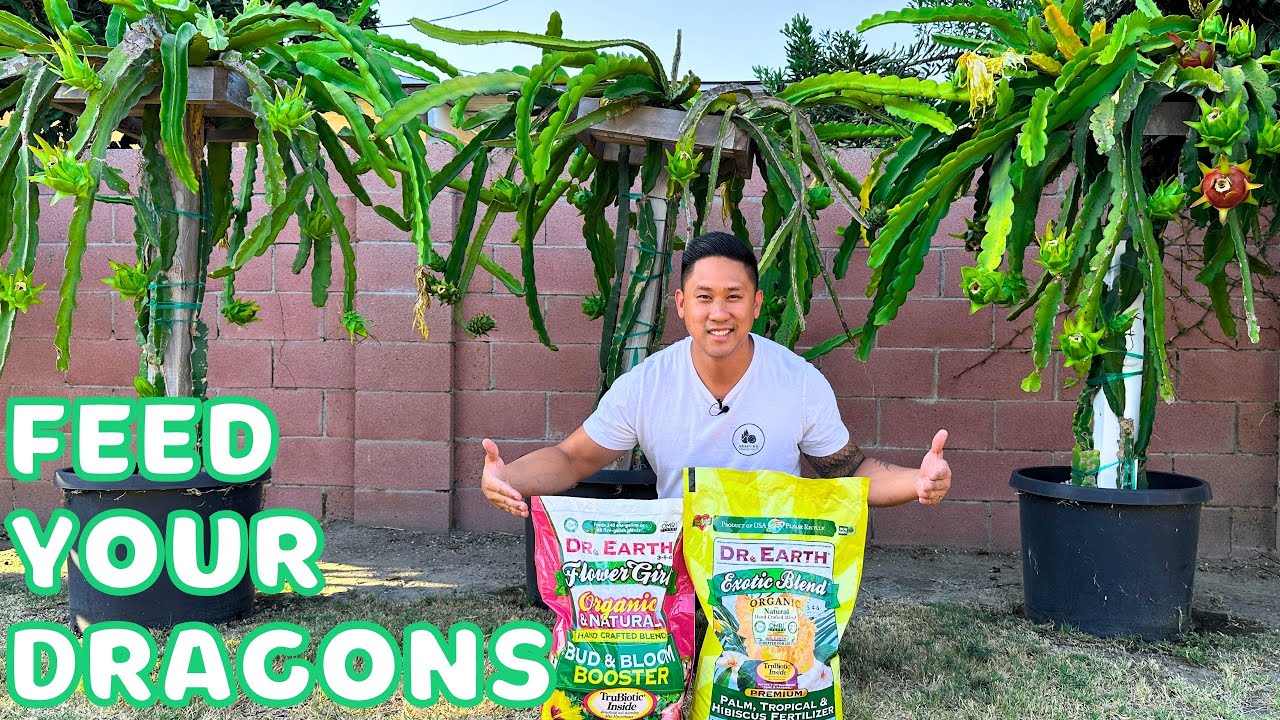How to Fertilize Potted Plants Naturally?
Fertilizing potted plants is essential for their overall health and growth. While there are many synthetic fertilizers available on the market, using natural methods to fertilize your plants can be a better and safer option. Natural fertilizers not only provide essential nutrients to your plants but also help improve the soil structure and promote beneficial microbial activity. Here are some effective ways to fertilize your potted plants naturally:
1. Compost
Compost is one of the best natural fertilizers you can use for your potted plants. It is rich in nutrients, improves soil structure, and promotes microbial activity. You can make your own compost by collecting organic waste materials such as fruit and vegetable scraps, coffee grounds, eggshells, and yard waste. Simply mix these materials in a compost bin or pile and let them decompose over time. Once the compost is ready, you can mix it into the soil of your potted plants to provide them with a nutrient-rich boost.
2. Organic Mulch
Organic mulch, such as shredded leaves, grass clippings, or straw, can also be used as a natural fertilizer for potted plants. Mulch helps retain moisture in the soil, suppresses weeds, and adds nutrients as it decomposes. Simply spread a layer of organic mulch on the surface of the soil in your pots to help feed your plants slowly and naturally.
3. Manure
Animal manure, such as cow or chicken manure, can provide a rich source of nutrients for your potted plants. However, it is essential to use well-aged manure to avoid burning your plants with excess nitrogen. Mix a small amount of aged manure into the soil of your pots to help fertilize your plants naturally.
4. Fish Emulsion
Fish emulsion is a concentrated liquid fertilizer made from fish byproducts. It is high in nitrogen, phosphorus, and potassium, making it a great natural fertilizer for potted plants. Dilute fish emulsion with water according to the package instructions and use it to feed your plants every few weeks during the growing season.
5. Epsom Salt
Epsom salt, or magnesium sulfate, can help improve the overall health of your potted plants. It is especially beneficial for plants that need a boost of magnesium, such as tomatoes and peppers. Dissolve Epsom salt in water and apply it to the soil of your plants to provide them with a natural source of magnesium.
6. Banana Peels
Don’t throw away your banana peels! They can be a great natural fertilizer for your potted plants. Banana peels are rich in potassium and other nutrients that can help promote healthy growth in your plants. Simply chop up banana peels and bury them in the soil of your pots to provide a slow-release fertilizer for your plants.
7. Worm Castings
Worm castings, or vermicompost, are another excellent natural fertilizer for potted plants. They are rich in nutrients, enzymes, and beneficial microorganisms that can help improve soil health and plant growth. Mix worm castings into the soil of your pots or make a compost tea by soaking them in water and using the liquid to feed your plants.
8. Alfalfa Meal
Alfalfa meal is a natural fertilizer that is high in nitrogen, phosphorus, and potassium. It also contains trace minerals that are beneficial for plant growth. Sprinkle a small amount of alfalfa meal on the soil of your potted plants and water it in to provide them with a nutrient-rich boost.
Conclusion
By using natural fertilizers, you can provide your potted plants with the essential nutrients they need to thrive. Experiment with different natural fertilizers to see what works best for your plants and remember to always follow the recommended application rates. With a little bit of effort and the right natural fertilizers, you can help your potted plants grow healthy and strong.



